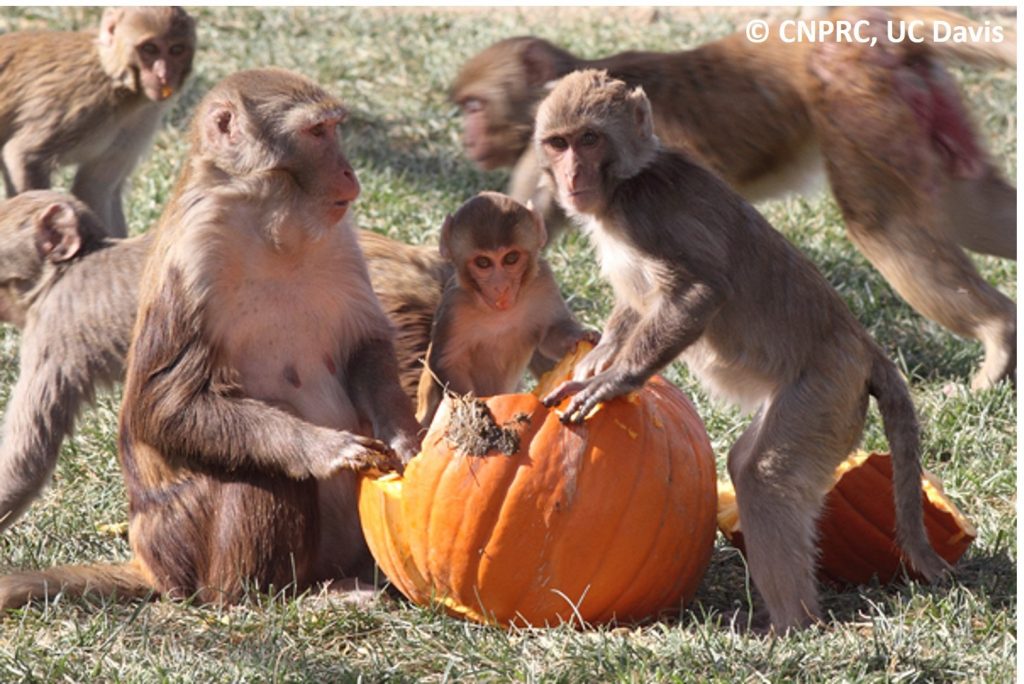
Personality, the environment, and health outcomes in captive primates
Stressful environments increase risk of chronic diarrhea, but personality influences outcome.
For this quarter’s Hot Topics in Animal Welfare feature, we highlight the research of Dr. Daniel Gottlieb, Manager of Resources and Logistics at the Oregon Health Sciences University’s Oregon National Primate Research Center in Beaverton, OR. Dr. Gottlieb investigates colony management techniques to improve captive primate welfare. This includes research on the development and amelioration of abnormal behaviors, and the interactions of personality and environment on health and behavior. In the study featured here, recently published in American Journal of Primatology, Dr. Gottlieb and colleagues evaluated how both personality type and environmental stressors affect the risk for developing chronic diarrhea in rhesus macaques. They found that there are certain stressors that increase risk of chronic diarrhea, but that individual personality regulates the impact of these stressors. This research demonstrates that not all macaques are equally susceptible to negative health outcomes, even when exposed to the same stressors. Watch video here
This study utilized data from the California National Primate Research Center BioBeahvioral Assessment Program. A list of published studies that utilized data from this program can be found BioBehavioral Assessment Program publications.pdf
For more information, watch a video presentation about this research narrated by Dr. Gottlieb, or contact him at gottlied@ohsu.edu.
Cite this work:
Gottlieb DH, Del Rosso L, Sheikhi F, Gottlieb A, McCowan B, Capitanio JP. 2018. Personality, environmental stressors, and diarrhea in rhesus macaques: An interactionist perspective. American Journal of Primatology 80(12): e22908.

